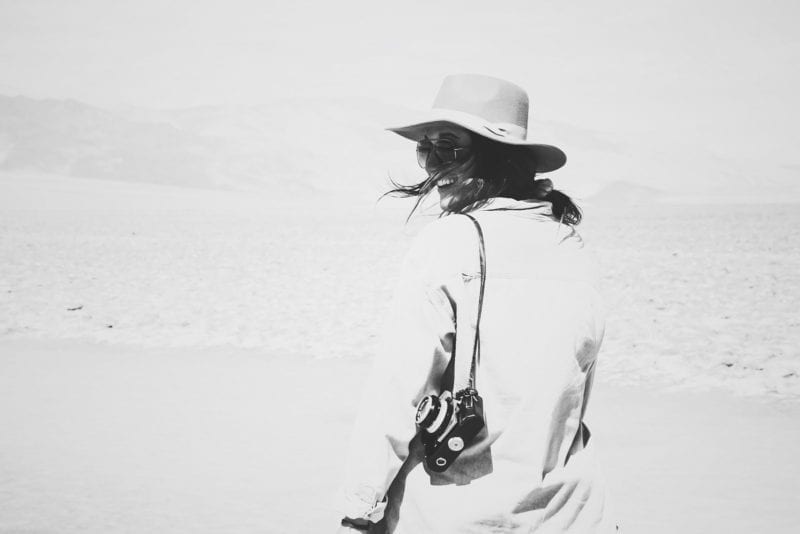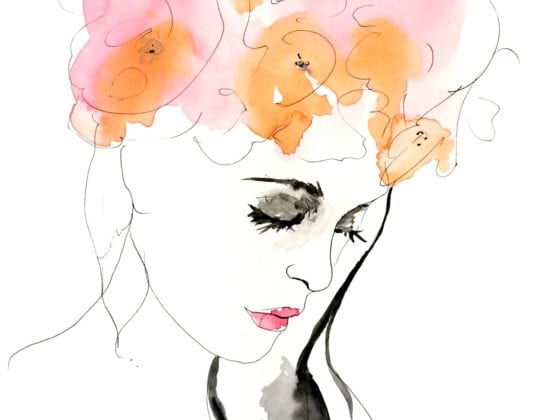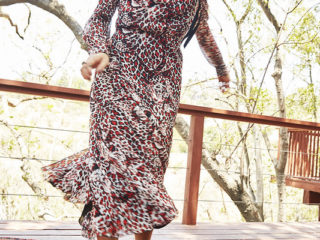It isn’t often, if ever, that we are forcibly confined to walls of our home.
Despite the profound heaviness of COVID-19, I hope that this season brought you moments of unexpected hope, as it did for me. I hope you found delight in your family being gathered around a table unusually often, rediscovered the simple joy of afternoon walks or dug up old favorite movies, recipes and creative habits. Despite the devastating ripple effects of this crisis, perhaps a small number of us has settled bittersweetly into reluctant, quiet moments to discover, beneath all our spinning thoughts, that a gift resides in slowness.
There has been much talk of “normal”—what it will look like, when it will return and how we will get there. Will it all snap back overnight? Will we carry on with some semblance of the beauty we’ve found in collective acts of kindness? Will the world race on as it did before—embittered, divisively partisan and burdensome? Now, facing an ever-nearer idea of returning to a formal desk, dinners out, gel manicures and social gatherings, I have selfishly asked what might become of the settled self I have found in slowness.
The world goes on, and I’m glad. Yet, for those who have found something in slowness, I wonder how can that be incorporated to create a new, healthier normal. How can we walk forward while holding space for the piece of us we may have found, even if it feels separate from the world we’re used to living in?
The unanticipated gift that COVID-19 gave to some of us was forced margin. While we typically feel the need to fill our schedules and days to the brim—and even if we don’t, social media reminds us that we should—we were denied that option for an extended period of time. Instead, we were cornered into routines I would typically define as laziness, but my soul received as rest.
The unanticipated gift that COVID-19 gave to some of us was forced margin.
Margin, both of time and energy, isn’t something that happens naturally in everyday life. There are a variety of excuses we can make—”I don’t have time,” or “If only there were more hours in the day.” The reality is, we make time for what we value. Yet, if what we fill our gaps of spare time with is not the same as the things we make time for, we may not be valuing what is the most life-giving, the most restful for our hearts.
Can I tell you something? It’s more than OK to say “no” to the busyness and the fear-of-missing-out so you can say “yes” to the things that make your heart truly full and valued. It’s OK if those things look much slower-paced than the buzz of notifications or your Instagram feed.
As much as we are encouraged to push beyond our rational limits (sleep, anxiety, discomfort, burnout and apathy), oftentimes, our limits are a signal to the boundaries we can live within well. Perhaps, your season of stillness may have reminded you what it feels like to live within them. If so, or if there’s a longing to know what that feels like, I encourage you to find your boundaries and fight for them.
Often, our limits are a signal to the boundaries we can live within well.
I write this, slowly returning to “normal.” I am awake later than I intended to be, still trying to rediscover the rhythm of a normal sleep and work schedule. I overbooked myself socially this week, and I didn’t schedule out the time to paint, bake or read. It’s all a learning process, but I know tomorrow or next week, is another opportunity to set a different pace—one that enables me to savor everyday life while the world keeps spinning.
There is a great difference between having a full schedule and having a busy schedule. Fullness is always what I’m after, and busyness is always the temptation I’m resisting. If COVID has given me any gift, then it’s a reminder that slow does not mean less valuable. It means clearer vision and a fuller heart.
How has your life slowed down since quarantine? What parts of this regime do you want to take into your daily life as we return to “normal”?
Image via Taylor Butters












1 comment
We were a slow living family before COVID and in a way, it made some of the big shifts easier for us. We all need rest, we all deserve it.